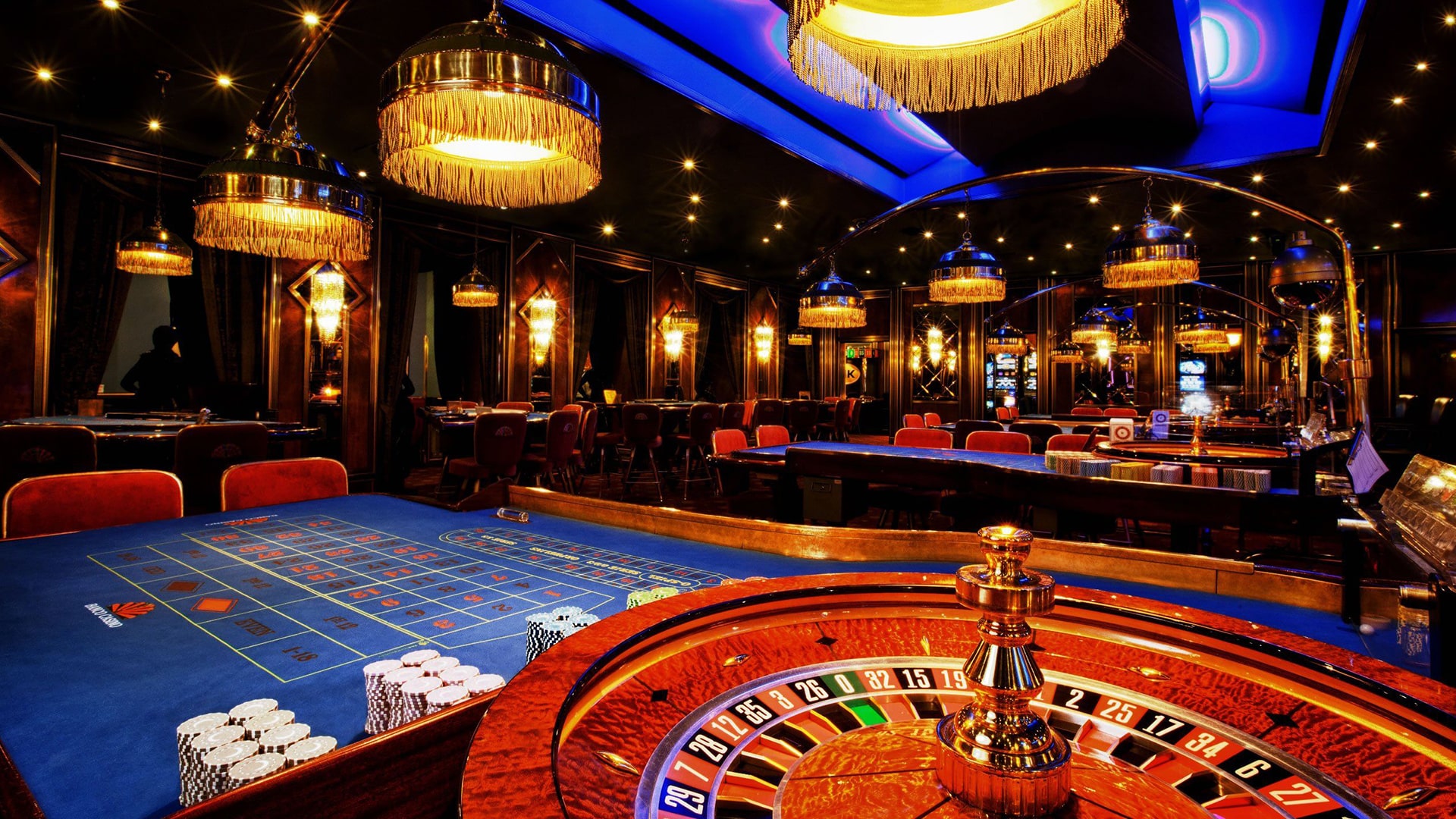Casino gaming has long been a subject of fascination and debate, drawing in millions of players globally. With a blend of chance, strategy, and the excitement of risk, casino games offer an exhilarating escape from everyday life. However, as entertainment becomes ever more accessible, it invites a more thorough examination of the morality surrounding these games.
At the heart of the discussion lies the question of whether casinos promote responsible gaming or take advantage of at-risk individuals. The appeal of potential winnings versus the truth of losses can create a challenging dynamic, and understanding this balance is essential for both players and operators. As we delve into the morals of casino gaming, we will explore the responsibilities of casinos, the impact on society, and the steps that can be taken to foster a better gaming environment.
The Impact of Casino Gaming on Society
Casino gaming has a significant influence on societal dynamics, affecting not only the financial landscape but also interpersonal dynamics and community structures. The income generated from casinos can lead to employment opportunities and boost regional economies, as they provide numerous employment opportunities in different sectors including hospitality, entertainment, and retail. https://gamevivu88.com/ However, while the economic advantages can be substantial, communities often grapple with the possible negative impacts that arise from increased gambling activity.
Moreover, the presence of casinos can lead to an rise in gambling addiction, presenting significant challenges for players and families. The excitement of casino games can quickly evolve into a compulsive habit, affecting personal relationships and leading to monetary issues. Many players may find it difficult with the loss of control over their gambling habits, resulting in a need for assistance programs and interventions to address this growing issue. The social cost of addiction can extend through families and neighborhoods, creating an urgent need for sensible gambling approaches.
In addition to the economic and social ramifications, casino gaming often reflects cultural attitudes towards uncertainty and leisure. It can encourage a sense of joy and leisure, attracting visitors and boosting tourism. However, this allure may also conceal the wider implications of gambling as a form of entertainment, raising ethical questions about its promotion and availability. As communities weigh the benefits and disadvantages of casino gaming, the need for responsible practices and regulation becomes increasingly critical in ensuring that the positive aspects are enhanced while minimizing the negative effects.
Ethical Issues in Gambling Activities
The ethics of casino gaming often center around the risk for addiction and its effects on people and families. Betting can lead to serious financial distress, impacting not only the gamblers but also their families. As people become entrapped in the allure of winning, many lose sight of their budget, which can result in devastating results such as insolvency. This raises ethical questions about the responsibility of gambling establishments in fostering safe gambling practices and providing support for those who may be dealing with gambling addiction.
Another critical issue is the advertising of gambling to vulnerable populations. Casinos often aim at low-income individuals or communities with the promise of fast gains, which can perpetuate cycles of financial struggle and despair. In this context, the ethics of marketing strategies used by casinos come under examination, as they may take advantage of the desperation of individuals seeking an escape from economic troubles. This manipulation raises moral questions about the honesty of the betting industry and its obligation to protect its most at-risk patrons.
Additionally, the effect of casino operations on society as a whole cannot be overlooked. While some argue that casinos create jobs and boost local economies, others point to the social costs associated with problem gambling, increased crime rates, and a strain on public resources. Balancing financial advantages with the risk for social harm presents a challenging moral dilemma for policymakers and gambling operators alike. The difficulty lies in finding a responsible approach that prioritizes the well-being of people and communities while still allowing for the pleasure of gambling activities.
Oversight Structure and Duties
The legal system surrounding casino operations is designed to ensure justice, trustworthiness, and gambler safety. Various government agencies and casino commissions create and implement regulations that dictate how gaming games function, the guidelines for game design, and the protocols for managing winnings. These regulations differ by region but typically involve licensing requirements for businesses and strict measures to prevent fraud and dishonesty.
In also to oversight bodies, gambling operators bear significant accountability in maintaining ethical standards within their facilities. They must implement responsible gambling practices that encourage player security and consciousness, including offering self-exclusion options and sharing information about the hazards connected to betting. Operators are also obligated for educating employees to spot signs of problem gambling and know the appropriate measures to support visitors in trouble.

Additionally, transparency in gambling operations is crucial for gaining and maintaining public faith. Gaming establishments should offer clear information about the chances of operations, promotional offers, and any related dangers. By promoting an atmosphere of integrity and responsibility, casinos can help reduce the likelihood adverse impact of gambling while enhancing the complete gaming experience for all gamblers.